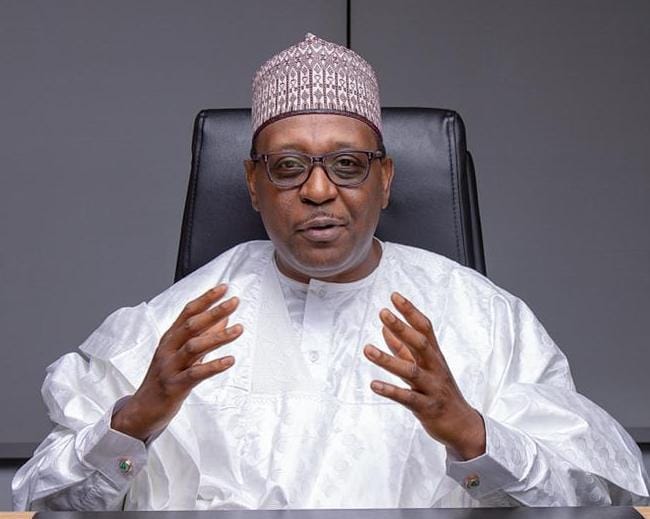The Coordinating Minister of Health and Social Welfare, Prof. Muhammad Ali Pate, has revealed that more than 16,000 medical doctors left Nigeria for overseas practice in the last five to seven years.
Prof. Pate revealed this on Tuesday in Abuja during the annual capacity-building workshop of the Association of Medical Councils of Africa (AMCOA), and hosted by the Medical and Dental Council of Nigeria (MDCN).
It was themed “Integrated Healthcare Regulation and Leadership in Building Resilient Health Systems”.
Prof. Pate told the workshop that the mass migration was as a result of attraction for economic opportunities, better working conditions, advanced training, and superior research environments abroad.
He said the government was working to reverse the trend, adding that “we have doubled the quotas for training in medical schools, pharmacy, nursing, and other health professions. Why? Because our experience shows that when you train more, more might stay, and those who left often return.”
According to him, the government was addressing also tackling the maldistribution of the medical workforce, adding that over 40 per cent of doctors are concentrated in Lagos and Abuja, while many parts of Nigeria were not adequate catered for.
The Minister of State for Health and Social Welfare, Dr Iziaq Adekunle Salako, said “Africa currently stands at a crossroads with our health systems facing unprecedented challenges of pandemics, increasing burden of non-communicable diseases, infrastructure deficit, high out of pocket expenses for health, climate change, economic pressures, and the persistent migration of our health workforce.”
He said Nigeria is committed to ensuring that health professionals meet standards of competence, conduct and ethics in order to safeguard the public and ensure that they get the best care at any point in time.
President of AMCOA, Prof. Joel Okullo said the workshop offers a rare opportunity for stakeholders within the healthcare realm to converge, share insights, and cultivate robust networks.
MDCN Chairman Prof. Afolabi Lesi advised regulators to uphold training standards, adding that with the level of governance, implementation of actions is bedevilled by fractured and fractious relationships among health workers who ought to be working as a team.









